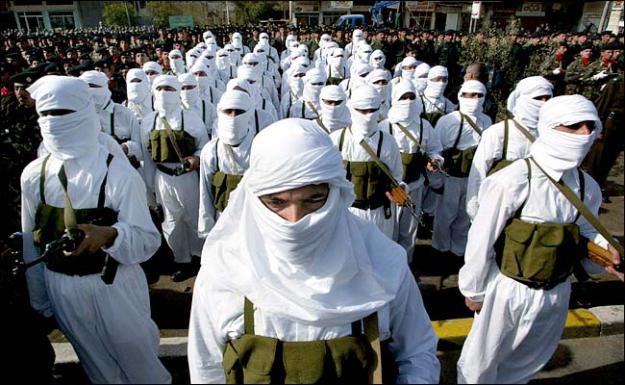By Kyle Orton (@KyleWOrton) on 4 May 2017

HTS statement on Jaysh al-Islam, 4 May 2017
Hay’at Tahrir al-Sham (HTS), the restructured al-Qaeda branch in Syria, put out a statement today on the intra-insurgent clashes that began on 28 April in the besieged enclave of East Ghuta, the suburbs east of Damascus, between Jaysh al-Islam on one side and HTS and Faylaq al-Rahman on the other. An old al-Qaeda hand, Maysar al-Jiburi (Abu Mariya al-Qahtani), has already commented on this. Now HTS’s General Shari’a Council has released a statement “concerning the ongoing events in Eastern Ghuta”. The statement, translated by al-Maqalaat, is posted below. Continue reading


